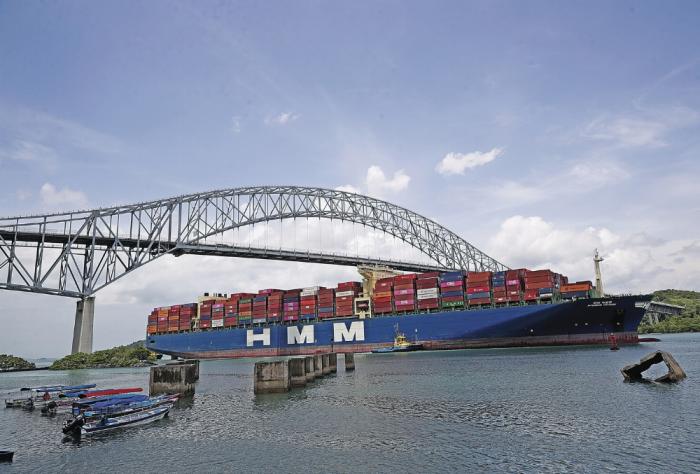Panama, with Jamaica and Colombia to address sea pollution, some good news.
- By : James Bryson
- Category : Conservation, Environmental, International Relations

Have them start at a self proclaimed “Eco-Resort” in Bocas del Toro!!!!!!!!!
Panama, Jamaica and Colombia launched the project ‘Reduce marine plastics and plastic pollution in the cities of Latin America and the Caribbean’.
The initiative created through a circular economy approach will be led by the United Nations Environment Program (UNEP), with funding of $42 million from the Global Environment Facility (GEF) together with the support of the Secretariat of the Cartagena Agreement.
“The governments of Colombia, Jamaica and Panama launched a $42 million project on Tuesday to jointly combat plastic pollution by integrating circularity in cities,” said UNEP.
The four-year project will bring together Barranquilla and Cartagena in Colombia, Kingston and Montego Bay in Jamaica, and Panama City and Colón in Panama, along with other cities in Latin America and the Caribbean, to follow international best practices focused on in the 9Rs (an expansion of reduce, reuse, recycle). In addition, they will work on new designs of both products and systems to use less plastic, reducing its environmental and health impact.
UNEP noted that early interventions will be prioritized and products containing chemicals of concern will be identified. To do this, he said, political and fiscal instruments will be used to reduce the use of unnecessary or toxic plastic products, limit and prohibit the open burning of plastics and develop reuse and refill systems, as well as new collaborative circular business models. with those found along the plastic value chains.
He calculated that a rapid shift to a circular economy can reduce the volume of plastics polluting the ocean by more than 80%, reducing reliance on creating new plastics and saving governments more than $70 million in less than 20 years and creating 700,000 additional jobs by 2040.
So far, the world economy is only 8.6% circular, a figure that increases slightly in Latin America and the Caribbean, with 10%.
Plastic is a ubiquitous material, used in everything from products to packaging. However, almost a third of all plastic is single-use, 32% pollutes the soil and freshwater ecosystems, and up to 10 million tons are dumped annually into the ocean, aggravating the triple planetary crisis: the climate change, the loss of nature and biodiversity, and pollution and waste. If decisive measures are not taken, this figure is expected to triple by 2060, according to UNEP projections.
Its mismanagement, according to the agency, can harm marine health and species, causing entanglements and injuries, ingestion, suffocation and toxic contamination. In addition, open burning of plastics can release toxic pollutants, chemicals that do not break down in the environment, and contaminate air, water, and food.
Therefore, he emphasized that “the goal of circularity is to keep materials such as plastics at their highest value along the value chain for as long as possible, transforming the way they are designed, manufactured, used and products are discarded.



No Comments